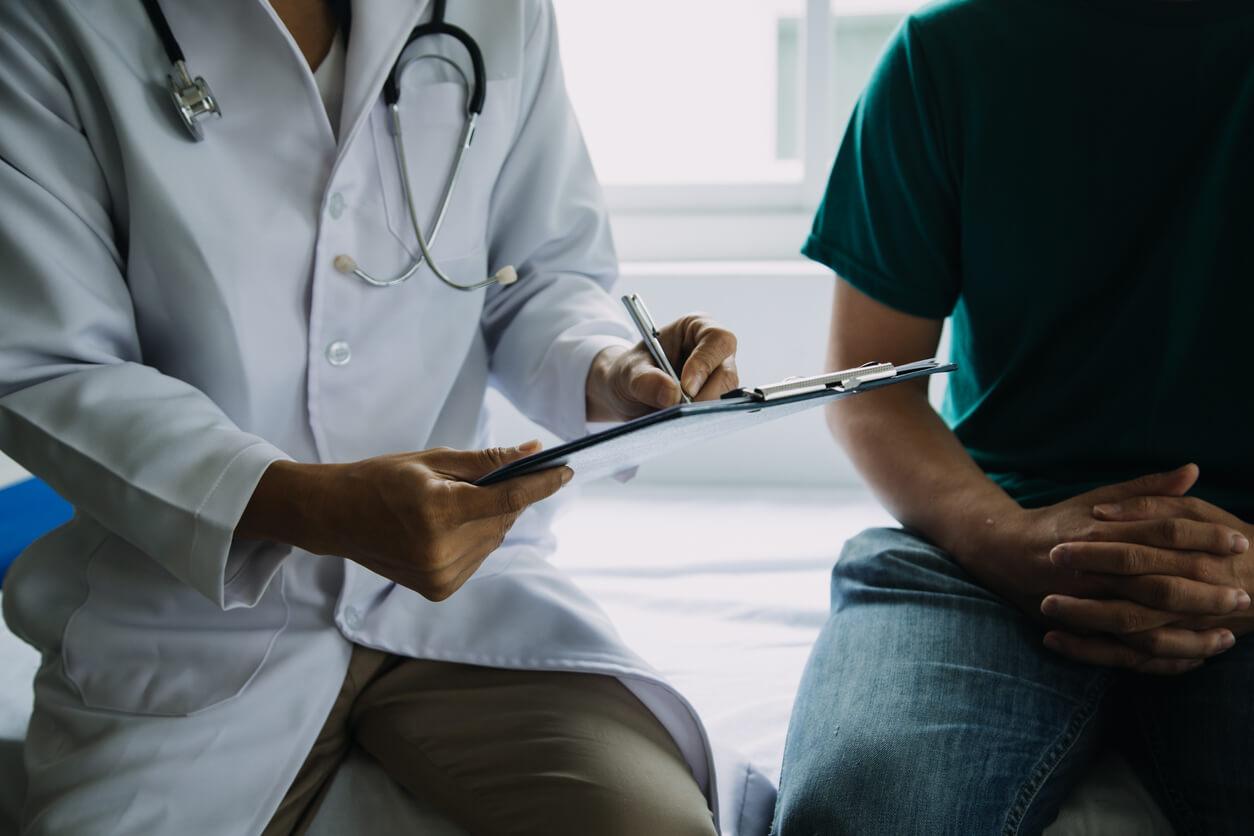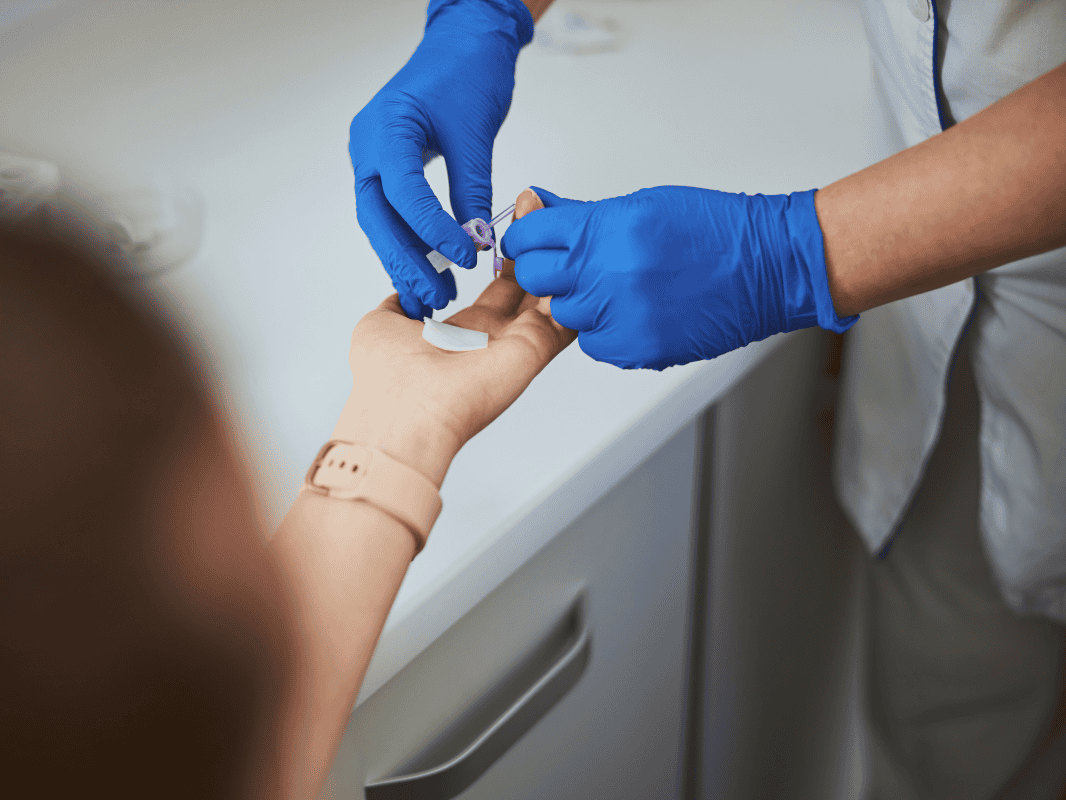Colorectal Screenings: What You Need to Know
Notes from a conversation with Dr. Adam Moskowitz
Screening tests are routine procedures used to find disease when no symptoms are present. Colorectal cancer, in particular, tends to develop from abnormal growths (known as polyps) in the colon. These polyps are non-cancerous but may turn cancerous if they are left untreated. By detecting and removing abnormal growths in the colon and rectum, doctors can help prevent the progression of colorectal cancer – often stopping the disease before it occurs. Because of this, colorectal screening tests play a crucial role in preventative care.
We spoke to Dr. Adam Moskowitz, MD – a gastroenterologist from New York with over 18 years of clinical experience – about colorectal screening tests. He offered some thoughts about what to expect during a colorectal screening, when you should start getting screened, and more.
First off, can you describe how a person gets screened for colorectal cancers?
There are 3 main categories for screenings: stool testing, x-ray testing, and endoscopic (colonoscopy) testing. As I tell my patients, the only option I don’t agree with is doing nothing.
Stool Testing
The most well-known stool test option is Cologuard - you’ve probably seen their commercials. It’s quite simple to use – they mail you a kit, you hook it up to your toilet, and do your business. Then, you mail it back to them. With 92-93% accuracy, they’re able to detect colon cancer by looking for DNA material that’s specific to colon cancer and/or blood in your stool.
If it comes back negative, you should be examined in three years. If it’s positive, the next step is a colonoscopy.
X-ray Testing
An older technique, barium enemas are typically thought of as “less invasive” than a colonoscopy. For this type of test, you go to a radiologist where they will watch your system as barium moves through it with a CT scan.
It’s good to keep in mind that this test does require the radiologist to put some air into the colon (so it’s not really as non-invasive as you may think). You should also be mindful of the effect of radiation on your body – though CT scans are amazing, one CT scan has the same amount of radiation as 30 packs of cigarettes.
Finally, if the radiologist finds something of potential concern, the next step is a colonoscopy anyway.
Colonoscopy
Full disclosure, I just had mine 8 weeks ago! Yes, the prep can be lousy but a colonoscopy is so effective - it allows your GI doctor to see the entire colon from end to end.
Not only can they see it, but they can start to act on what to do if they do find something – for example, if your doctor sees a small polyp, they can remove it right then; they can get substantial tissue samples; they can even mark the area for the surgeon with a small tattoo so that your surgery (if needed) is more efficient and less exploratory.
The downsides to colonoscopy include that it does involve some level of anesthesia, and with that, can always come risks. There is also a small risk associated (1 in 3,000) with creating a hole or tear in a colon during the procedure.
How often should someone get a colonoscopy? Are these guidelines different for men and women?
These guidelines have changed over recent years. Routine screenings used to be recommended for both men and women between the ages of 50-75.
However, we found the rate of colon cancer has actually increased in the under-50 category (though it has receded in the older age groups), so now the guideline is to start screening people of both genders at age 45.
When do we stop? I’d still discuss the possibility of getting screened with someone in good health and quality of life in their 80s.
Assuming a normal risk and no family history, you should get screened every 5 years once you’re 45 and older.
What should people watch out for?
I always tell my patients that the number one symptom of colon cancer is nothing (meaning it’s a “silent” disease). That’s why screenings are vital. Prevention is the best way to tackle this problem.
However, if you have any of the following conditions you should contact your doctor and start a conversation about GI screenings: blood in your stool, unexplained weight loss, stomach cramps, or any vague symptom that can’t be explained otherwise.
As Dr. Moskowitz points out, the only truly wrong decision regarding colorectal screenings is doing nothing. These routine tests can help prevent colorectal cancer from progressing – or catch it before it occurs at all. Age, family history, and other risk factors play a part in when you should start screening, and how often you should go in for screening, but it is generally agreed that once you reach the age of 45 – man or woman – you should be getting screened. If you have any questions about colorectal screening tests, symptoms you want to discuss, or concerns about your health history, talk to a health care provider today. With online gastroenterologist consultations and primary care visits available, you can get the answers you need right away – all without having to set foot in a clinic. Book a convenient and affordable video visit today to get started on preventative care and take control of your health.








